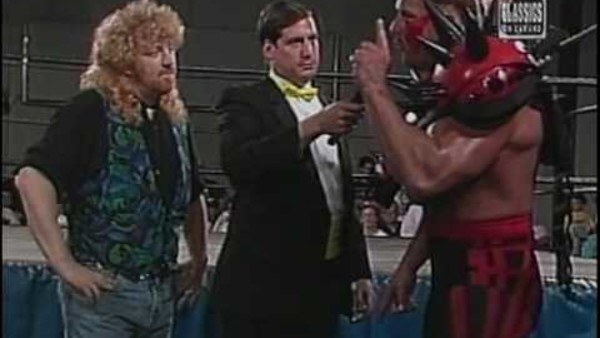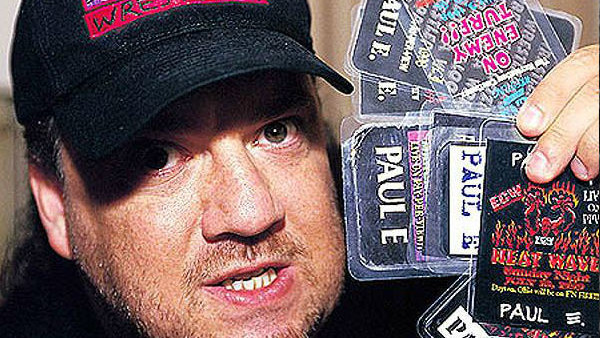Remembering The Last Days Of ECW
How TNN killed ECW's chances of becoming wrestling's 'number two' promotion.
In early 2001, the wrestling landscape changed forever. A few months earlier there had been three major American promotions, vying for the right to be called the biggest in the world. The World Wrestling Federation (WWF) was definitely at the top of this triumvirate, having ridden a wave of edgy Attitude programming, using sex and violence to sell their PPVs and marketing to the affluent 18-30 male demographic.
World Championship Wrestling (WCW), for the previous five years the main competitor and direct opponent in the Monday Night War, had collapsed in on themselves. Guilty of poor booking decisions, bad contractual agreements, and old talent clinging onto their spots. When the veterans either got injured or were phased out, there were no stars to replace them.
At the end of 2000, it could be argued that the main rivalry for the WWF, going forward, looked to come in the unusual form of Extreme Championship Wrestling (ECW).

The Philadelphia-based promotion had started in the early 1990s, running shows out of sports bars and bingo halls under a local National Wrestling Association banner. The 'E' originally stood for 'Eastern', and their appeal was limited to local fans.
The cards were comprised of washed up former stars like Ivan Koloff, out of shape Indie talent such as Crybaby Waldo, and former WWF jobbers like AJ Petrucci (wrestling under a mask as Super Destroyer #1).
The promotion was run by Tod Gordon and booked by Eddie Gilbert. While Gilbert had a keen mind for professional wrestling his vision clashed with Gordons ambition and he was replaced by Paul Heyman in September 1993.

Heyman was an ideas man, and over time he turned ECW into Extreme Championship Wrestling, championing the need for ECW to mirror society, a marked contrast to the beliefs of the big two promotions. Both the WWF and WCW believed in wholesome family entertainment and traditional wrestling values like evil foreigners and two-job gimmicks (wrestling bin men, hockey players and clowns).
ECWs rise in popularity drove change within both promotions and forced Vince McMahons hand. A desperate promoter, fighting to stay in business, McMahon ordered change within the WWF and the Attitude Era was born. Meanwhile in Philadelphia, ECW was at the forefront of this change. Often their ideas, concepts, and talent were plundered by the richer promotions in New York and Atlanta.
Click "next" to keep reading